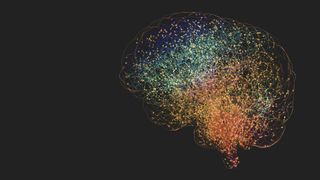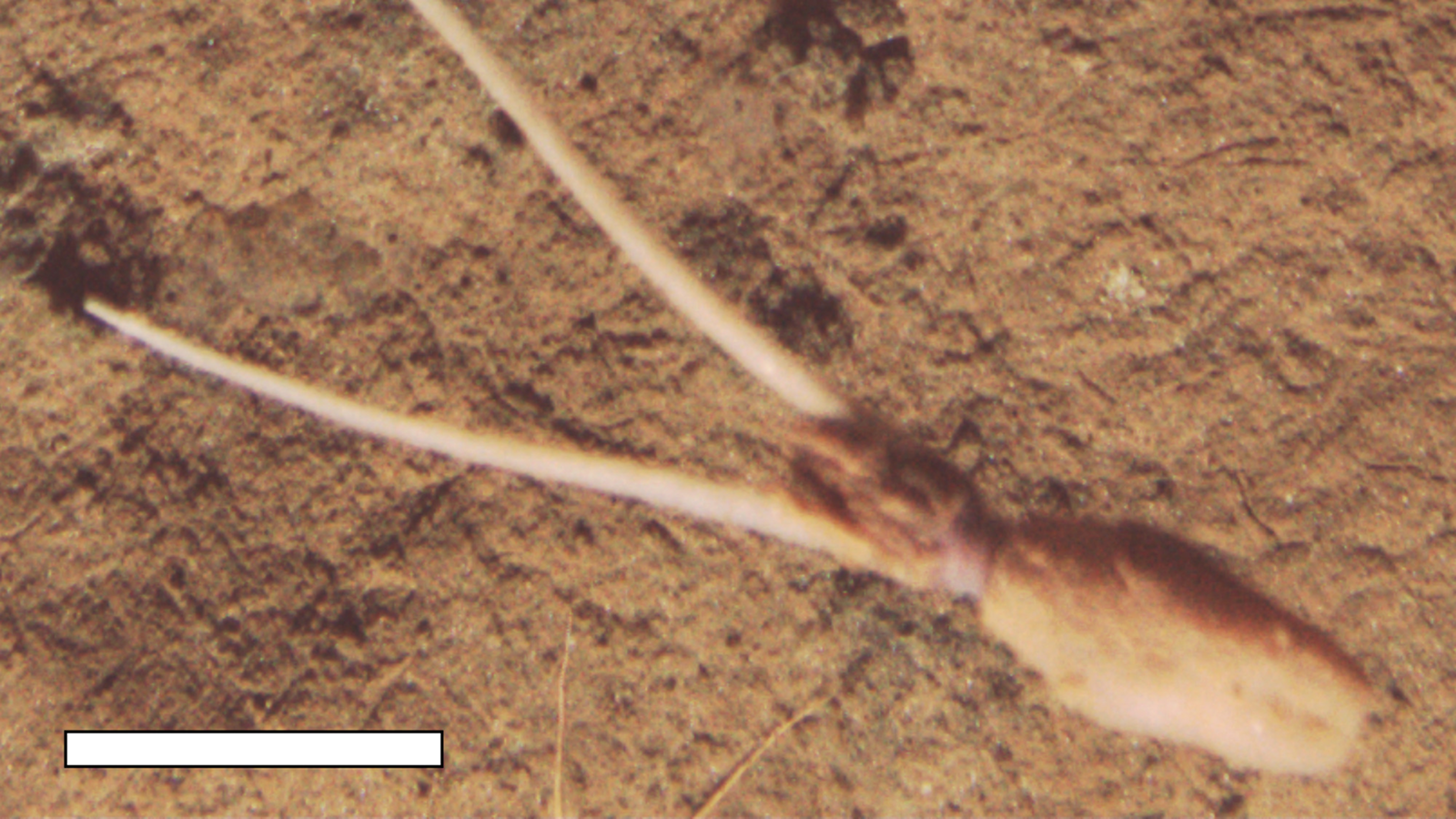
Marilyn Perkins
Marilyn Perkins is the content manager at Live Science. She is a science writer and illustrator based in Los Angeles, California. She received her master’s degree in science writing from Johns Hopkins and her bachelor's degree in neuroscience from Pomona College. Her work has been featured in publications including New Scientist, the Johns Hopkins Bloomberg School of Public Health magazine and Penn Today, and she was the recipient of the 2024 National Association of Science Writers Excellence in Institutional Writing Award, short-form category.
Latest articles by Marilyn Perkins

Why do some cat siblings look so different?
By Marilyn Perkins published
Normally, siblings resemble each other. So why does a litter of kittens often come in a variety of colors?
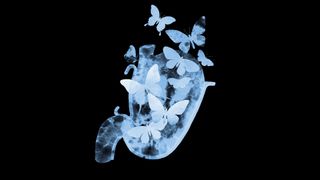
What causes the feeling of 'butterflies' in your stomach?
By Marilyn Perkins, Anna Gora last updated
Flutters, knots and other stomach sensations tied to nervousness are all examples of the gut-brain axis in action.
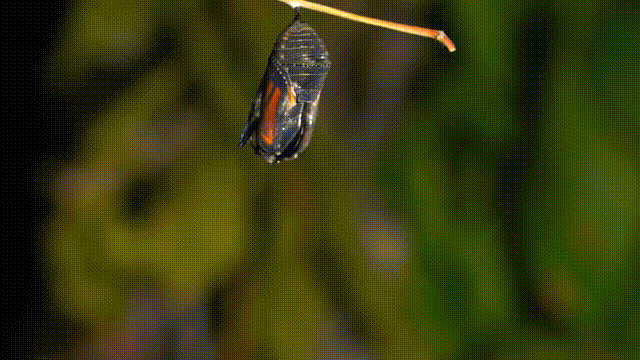
How did metamorphosis evolve?
By Marilyn Perkins published
While it might seem like an all-or-nothing process, insect metamorphosis likely emerged through gradual evolutionary changes.

Why don't teeth count as bones?
By Marilyn Perkins published
Teeth and bones may appear alike, but they actually have more differences than similarities.
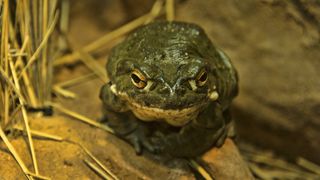
Can you actually get high from licking a toad?
By Marilyn Perkins published
There's some truth to the urban legend that certain toads have psychedelic properties, but licking them isn't a good idea.

What's the longest someone has been clinically dead — but then come back to life?
By Marilyn Perkins published
When someone's heart stops beating, their brain cells start dying within minutes. But sometimes, they can still come back from the dead.
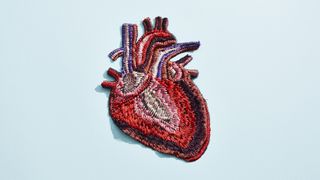
Heart quiz: What do you know about the body's hardest-working muscle?
By Marilyn Perkins published
Get pumped up — it's time to show off your knowledge about the heart.
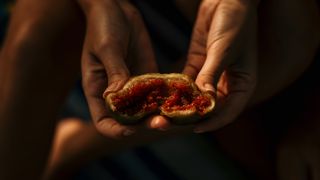
Do figs really have dead wasps in them?
By Marilyn Perkins published
Does every fig you eat really have a dead wasp inside?

What's the hottest temperature the human body can endure?
By Tyler Santora, Marilyn Perkins last updated
Researchers believe there's an upper limit to the temperature the human body can withstand — but many people could face deadly health problems before reaching that threshold.
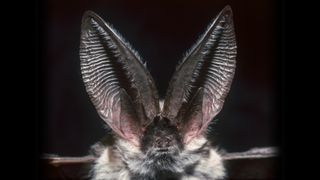
Which animal has the best hearing?
By Marilyn Perkins published
Ranking who has the best ears in the animal kingdom is a tough task, but some animals push the limits of hearing far beyond what humans can imagine.
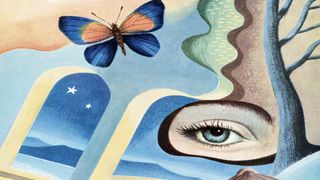
Can you dream during non-REM sleep?
By Marilyn Perkins published
People report vivid dreams during rapid-eye-movement sleep. But is this sleep stage really the only time we dream?
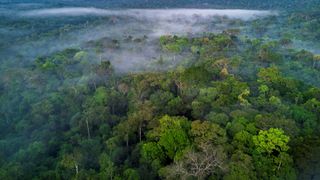
What are the largest rainforests in the world?
By Patrick Pester last updated
Rainforests are home to half of the world's plant and animal species. Here are the five largest rainforests in the world.
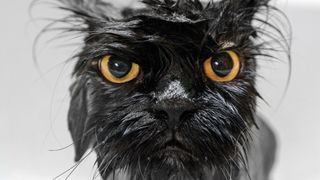
Why do cats hate water?
By Marilyn Perkins published
It's a well-known fact that most cats despise getting wet. But why?

Why do cats like concrete slabs?
By Marilyn Perkins published
Cat owners have noticed their pets seem to go crazy for concrete blocks. Why?
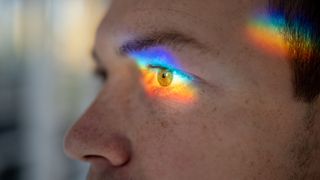
Why are so many men color-blind?
By Marilyn Perkins published
About 1 in 12 men is color-blind. Why doesn't this condition affect women as often?
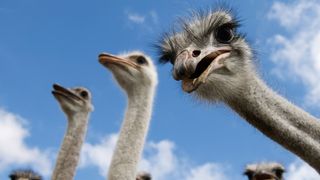
14 of the biggest birds on Earth
By Scott Dutfield last updated
Reference From 9-foot tall ostriches to albatrosses with gargantuan wingspans, here are some of the biggest birds in the world.
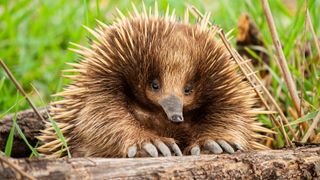
Echidnas: Facts about spiky Australian mammals that lay eggs
By Marilyn Perkins, Alina Bradford last updated
Discover interesting facts about echidnas, the strange platypus relative with spines, spurs and a pouch.
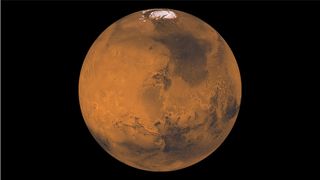
Does Mars have a moon?
By Marilyn Perkins published
Mars is smaller than Earth, but does it have any moons?

Are cats the only animals that purr?
By Marilyn Perkins published
Everyone knows what a happy cat sounds like. But are they the only animals that purr?

What are whole-body MRIs, and are they worth the hype?
By Marilyn Perkins published
Whole-body MRI scans have risen to prominence for their alleged ability to catch many health conditions early. But are they legit?
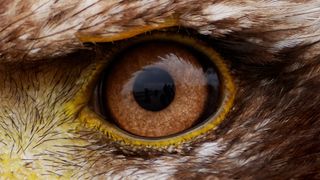
What animal has the best eyesight?
By Marilyn Perkins published
When it comes to exceptional eyesight, picking a clear winner is harder than you might think.
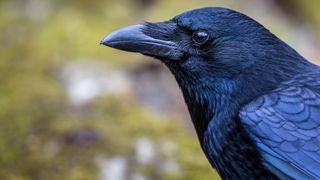
Crows: Facts about the clever birds that live all over the world
By Marilyn Perkins, Alina Bradford last updated
Discover interesting facts about how crows remember faces, mimic human speech and more.
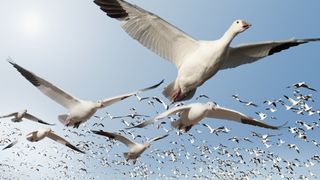
How do migrating birds know where they're going?
By Marilyn Perkins published
To navigate the skies, birds rely on a complex sensory tool kit.
Get the world’s most fascinating discoveries delivered straight to your inbox.

